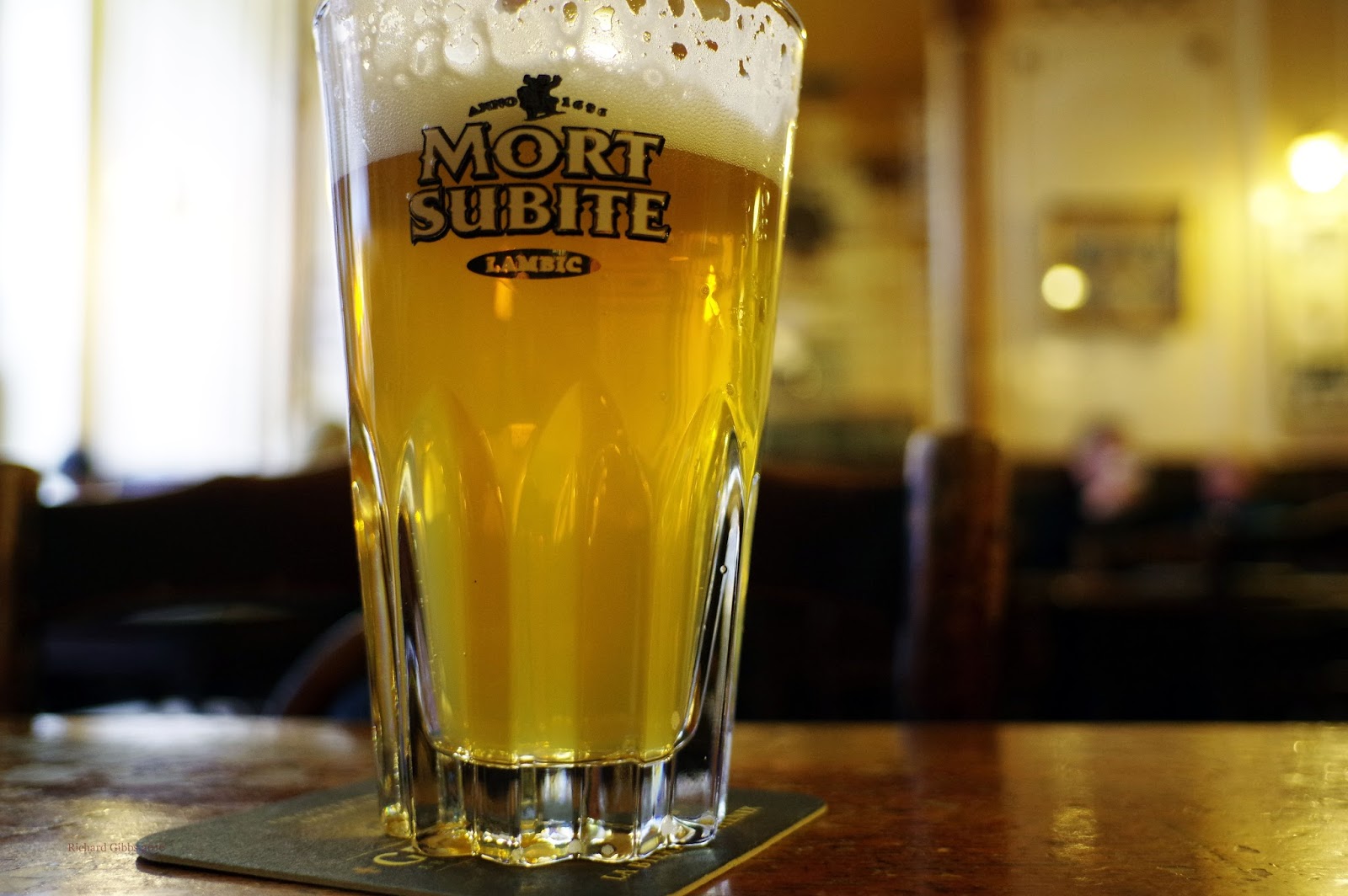Ch-ch-ch-ch-changes....
In a few days I will mark the
passing of sixty-five years. Too much,
perhaps? Too little, maybe? Who’s to say? (David, I’ll catch you soon….)
I have recently rediscovered a
vinyl recording of Beethoven’s
so-called Spring Sonata, recorded in 1973 by Pinchas Zukerman and Daniel
Barenboim. It is daisy fresh, and
after a five mile walk (from the M1 through the genetic minefields of Rothamsted
Research) in this morning’s sunshine my senescence seems a thing of
the past…..
This winter, so far, has only
been dark, and wet. In Hertfordshire, we
have been spared the cold, so far at least. It may yet be to come. We have had snows here in late spring before,
so nothing can be taken for granted, but as Janus looks over his shoulder I
reflect on the seasons.
With the shortest day now well
behind us, and the days already noticeably longer, it is easy, this year, to
think that spring is icumen in, to
distort the song…. Daffodils have
bloomed in Russell Square,
and the bluebells are sprouting in Heartwood
Forest, but forget all
that. Climate change may be happening,
under our noses, but we still have seasons, and, in this country at least,
there are four.
Music and poetry have long
celebrated the seasons, with Vivaldi’s Le Quattro Stagioni being the most
recorded example (perhaps as many as a thousand different versions…) Each of the four concertos is closely related
to a sonnet, possibly written by Vivaldi himself. The Largo
of Winter,
for example, is based on the words:
Passar al foco i di quieti e contenti
Mentre la pioggia fuor bagna ben cento
[Relax quietly and contentedly by the fire
While all those outside are drenched with rain]
The beauty of the seasons lies in the changes. As Winter gives way to Spring,
Giunt' è la Primavera e
festosetti
La Salutan gl' Augei con lieto canto
[Springtime arrives and to
celebrate
The birds salute it with cheerful song]
Change is essential;
without it we might as well be cardboard. To stay the same is to stand still; to move
forward is to change. As the preacher
tells us (Ecclesiastes Chapter 3)
To every thing there is a season, and a time to every purpose under the
heaven:
A time to be born, and a time to die;
a time to plant,
and a time to pluck up that which is planted;
And so Spring rolls into Summer,
as flowers bloom and fade, and the fields turn from seething green,
to dusty
gold,
and then to close-cut stubble….
And before we know it, the days
begin to shorten, and the leaves begin to turn.
L' aria che temperata dà piacere,
E la Staggion ch' invita tanti e tanti
D' un dolcissimo Sonno al bel godere
[The mild air is pleasing
And the season invites all
To gentle and easy sleep]
And slowly we climb the dark hill
to winter again, as the leaves and fruit fall,
and the bare trees stare at the clouds.
A time to be born, and a time to die;
Where would we be without these
changes? What inspiration would life
give us? But as time passes, so we age,
and wither, and find our rest….
Ch-ch-ch-ch-changes
Turn and face the strange
Ch-ch-changes
Pretty soon now you're gonna get older
Time may change me
But I can't trace time I said that time may change me
But I can't trace time
David Bowie
(8th January 1947 – 10th January 2016)
I play again my Beethoven Spring Sonata. Somehow the music lives and continues to live. Ever sprightly, Spring will come again...
A time to weep, and a time to laugh; a time to mourn, and a time to
dance;















































